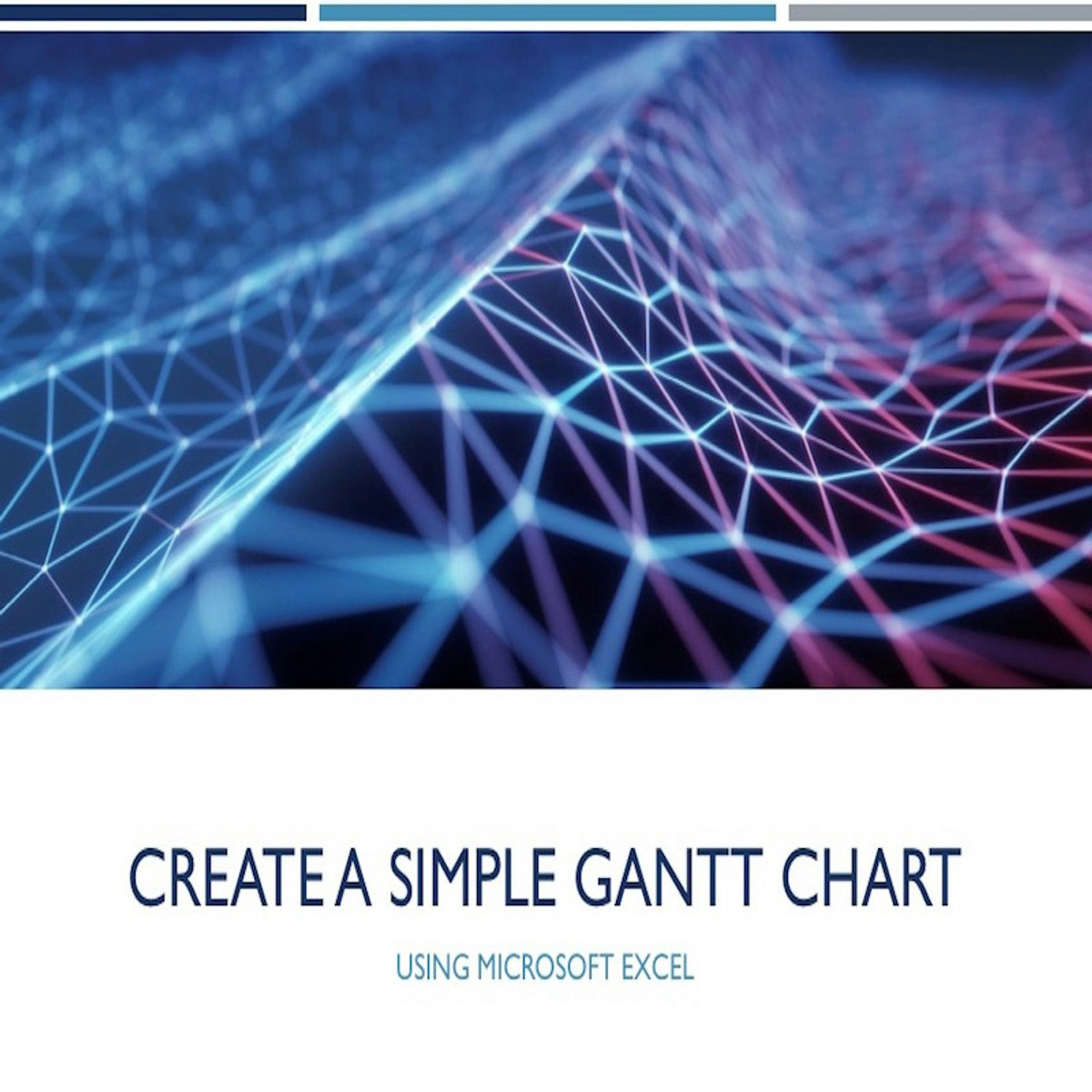Back to Courses









Business Essentials Courses - Page 13
Showing results 121-130 of 645

Power Onboarding
Power Onboarding provides practical, easy-to-use tools to guide an individual who is transitioning to a new job. Students will prepare an actionable personal onboarding plan that will set them up for success in their new role. Research has shown that an actively followed power onboarding plan will allow an individual to reach proficiency in a new position up to 30% faster than the typical transitioning manager. In this course, students will develop their own onboarding plan, allowing them to contribute sooner and be eligible for promotion earlier. In this newly revised format, learners can complete the course in no more than 7 hours, with approximately 2 hours dedicated to creating a personalized power onboarding plan. We have a suggested 4 week schedule to help you stay on track, but we recognize that everyone has different learning styles so we've added flexibility so you can complete the entire course in one or two sittings.
This course has benefited tremendously from the feedback and advice we have received since the launch in the Fall of 2014. A recent survey shows:
1) 67% of participants are very likely to recommend the course to a friend, and the remaining 33% being somewhat likely
2) 80% of participants found the workload the same or lower than what they expected.
We are enthusiastic about these findings and we know that you will find this course valuable and worthwhile as well!

International Business Environment
This course explores the international business environment in which organisations function. You’ll learn about core analysis methods, including PESTLE, SWOT, and Boston Box Matrices, as well as the applications of Porter’s Five Forces. You’ll have the opportunity to participate in discussion forums and access case studies, as well as testing your understanding in quizzes.
This course forms part of a specialization from the University of London designed to help you develop and build the essential business, academic, and cultural skills necessary to succeed in international business, or in further study.
If completed successfully, your certificate from this specialization can also be used as part of the application process for the University of London Global MBA programme, particularly for early career applicants. If you would like more information about the Global MBA, please visit https://mba.london.ac.uk/.
This course is endorsed by CMI

Data Analysis and Presentation Skills: the PwC Approach Final Project
In this Capstone Project, you'll bring together all the new skills and insights you've learned through the four courses. You'll be given a 'mock' client problem and a data set. You'll need to analyze the data to gain business insights, research the client's domain area, and create recommendations. You'll then need to visualize the data in a client-facing presentation. You'll bring it all together in a recorded video presentation.
This course was created by PricewaterhouseCoopers LLP with an address at 300 Madison Avenue, New York, New York, 10017.

Get more followers by finding trending keywords and hashtags
In this 1-hour long guided tutorial, you will learn how to get more followers by finding trending keywords and hashtags.
Note: This tutorial works best for learners who are based in the North America region. We're currently working on providing the same experience in other regions.

Create a Simple Gantt Chart using Microsoft Excel
By the end of this project, you will be able to create a simple Gantt chart to manage your next project. You will utilize the free online version of Microsoft Excel to create a Gantt chart from scratch. This Gantt chart will give you a better idea of how bar charts and conditional formatting work. This guide will incorporate some Excel functions to teach you how to use conditional formatting to make your chart and data interactive. In addition, this Gantt chart will allow you to track multiple tasks that run parallel with each other, and will incorporate some unique features such as a weekly view bar to organize dates more efficiently.

Effective Problem-Solving and Decision-Making
Problem-solving and effective decision-making are essential skills in today’s fast-paced and ever-changing workplace. Both require a systematic yet creative approach to address today’s business concerns. This course will teach an overarching process of how to identify problems to generate potential solutions and how to apply decision-making styles in order to implement and assess those solutions. Through this process, you will gain confidence in assessing problems accurately, selecting the appropriate decision-making approaches for the situation at hand, making team decisions, and measuring the success of the solution’s implementation. Using case studies and situations encountered by class members, you will explore proven, successful problem-solving and decision-making models and methods that can be readily transferred to workplace projects.
Upon completing this course, you will be able to:
1. Identify key terms, styles, and approaches to effective problem-solving and decision-making
2. Explain both the affordances and limitations associated with problem-solving and decision-making
3. Reflect on how mindset and personal bias influence your ability to solve problems and make decisions
4. Explain and discuss how organizational decisions or non-decisions impact personal development, team dynamics, and company-wide performance
5. Articulate how both good and bad team decisions can benefit your professional growth

Design A Newsletter with MailChimp
In this 40 minute long project, you will learn how to create an account and a Newsletter in the website MailChimp. Users attending this project will obtain the ability to create an email newsletter ready to send to a target audience. We will go step by step through the process in this project. You will then learn about the different email format options to assist you in the creation of your newsletter. We will explore the basics of how to set up your profile and to schedule your email in advance to send to your audience. Some key learning objectives that we will review include creating your Mailchimp account, and step by step instructions on creating your newsletter.
Managerial Economics and Business Analysis Capstone
The capstone project involves an in-depth analysis of an actual business situation in which you will examine the global economic environment of a business. The final project will be a business plan that uses statistical tools and economic theory to create a comprehensive analysis of the microeconomic and macroeconomic environment in which the focal company operates.
This course is part of the iMBA offered by the University of Illinois, a flexible, fully-accredited online MBA at an incredibly competitive price. For more information, please see the Resource page in this course and onlinemba.illinois.edu.

Statistics for International Business
This course introduces core areas of statistics that will be useful in business and for several MBA modules. It covers a variety of ways to present data, probability, and statistical estimation. You can test your understanding as you progress, while more advanced content is available if you want to push yourself.
This course forms part of a specialisation from the University of London designed to help you develop and build the essential business, academic, and cultural skills necessary to succeed in international business, or in further study.
If completed successfully, your certificate from this specialisation can also be used as part of the application process for the University of London Global MBA programme, particularly for early career applicants. If you would like more information about the Global MBA, please visit https://mba.london.ac.uk/.
This course is endorsed by CMI

Blockchain and Cryptocurrency Explained
The sudden rise in the value of Bitcoin and other cryptocurrencies, and its subsequent decline, focused the world’s attention on cryptocurrencies as a means of payment. Blockchain technology powers Bitcoin and has been hyped as the next new, transformative technology.
In this course, we first discuss the technical underpinnings of blockchain and review key concepts such as decentralization and consensus algorithms.
We then examine blockchain as an asset and review the dynamics of the cryptocurrency markets.
Finally, we examine blockchain as a business solution, with a focus on understanding business cases in which blockchain does and does not make sense.
Popular Internships and Jobs by Categories
Find Jobs & Internships
Browse
© 2024 BoostGrad | All rights reserved